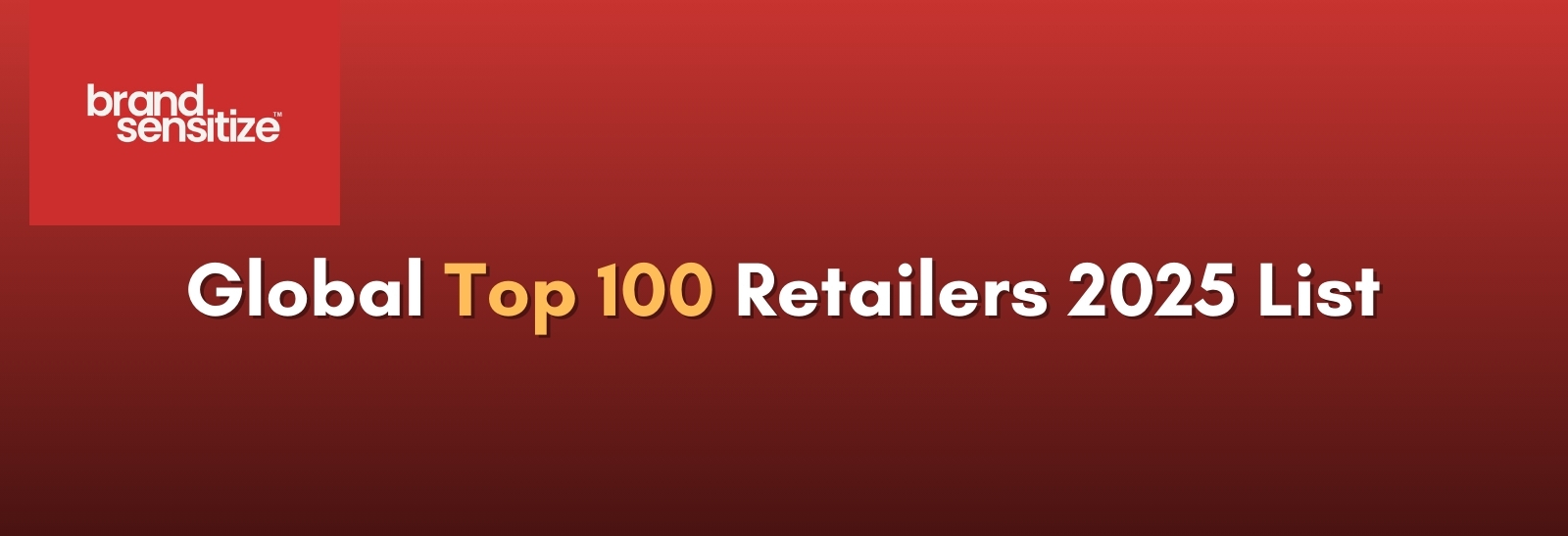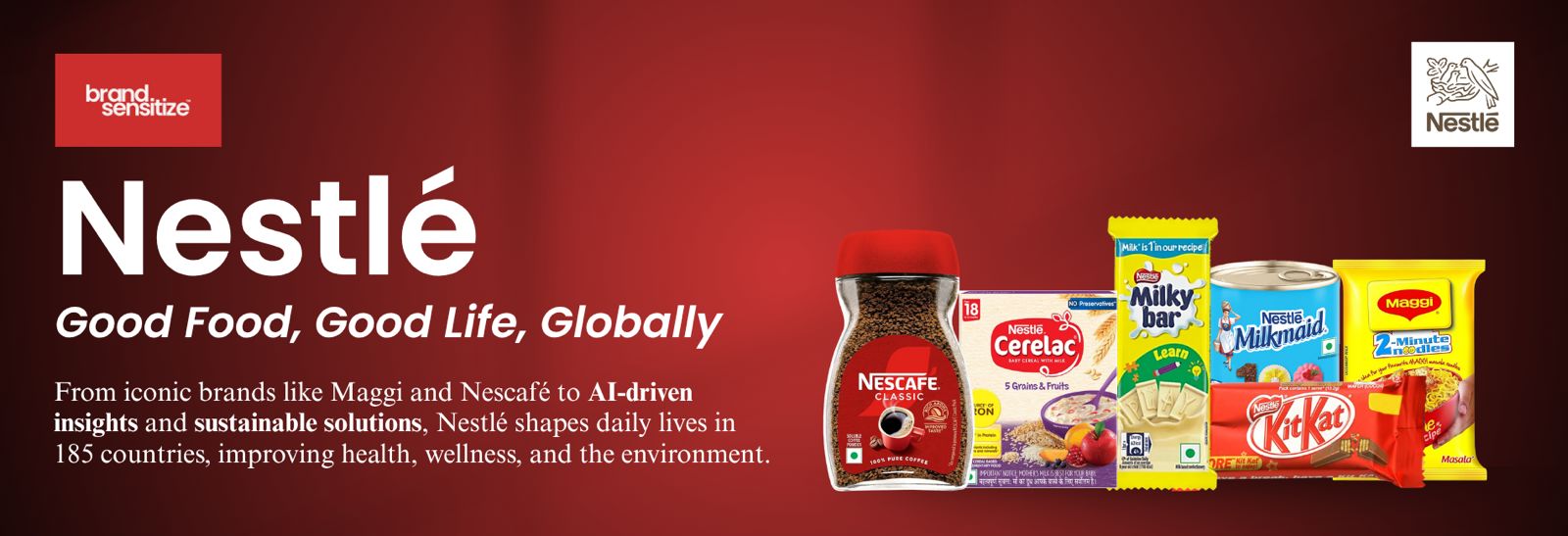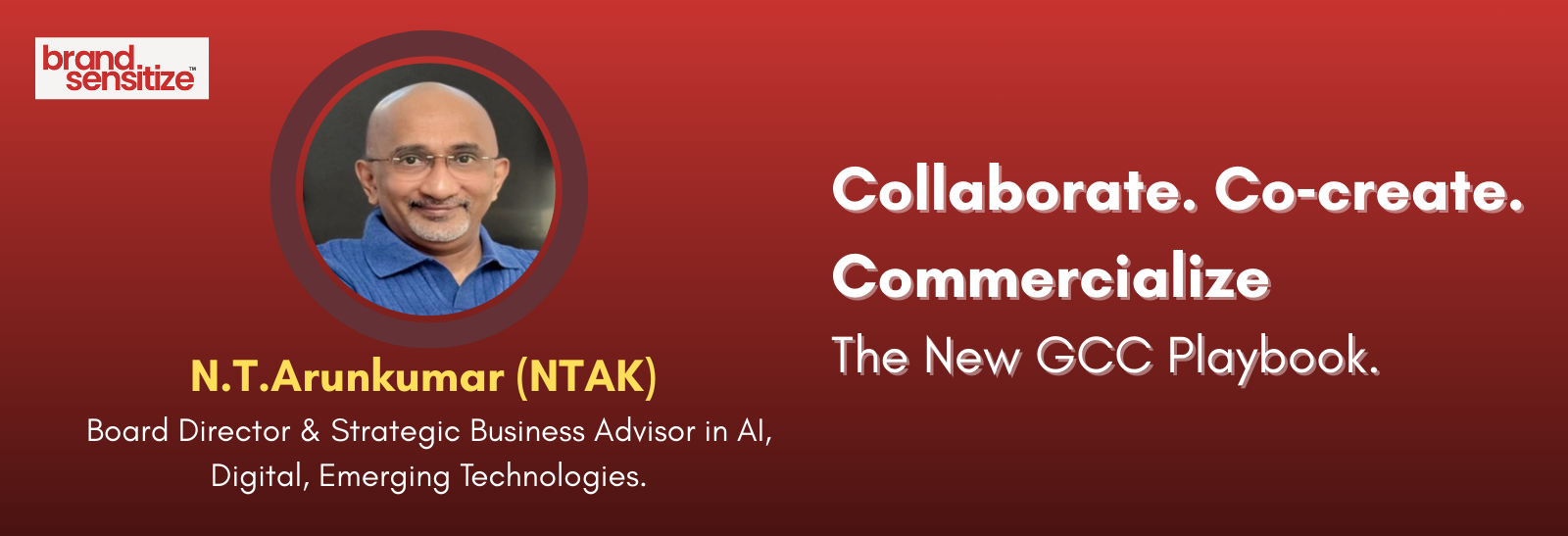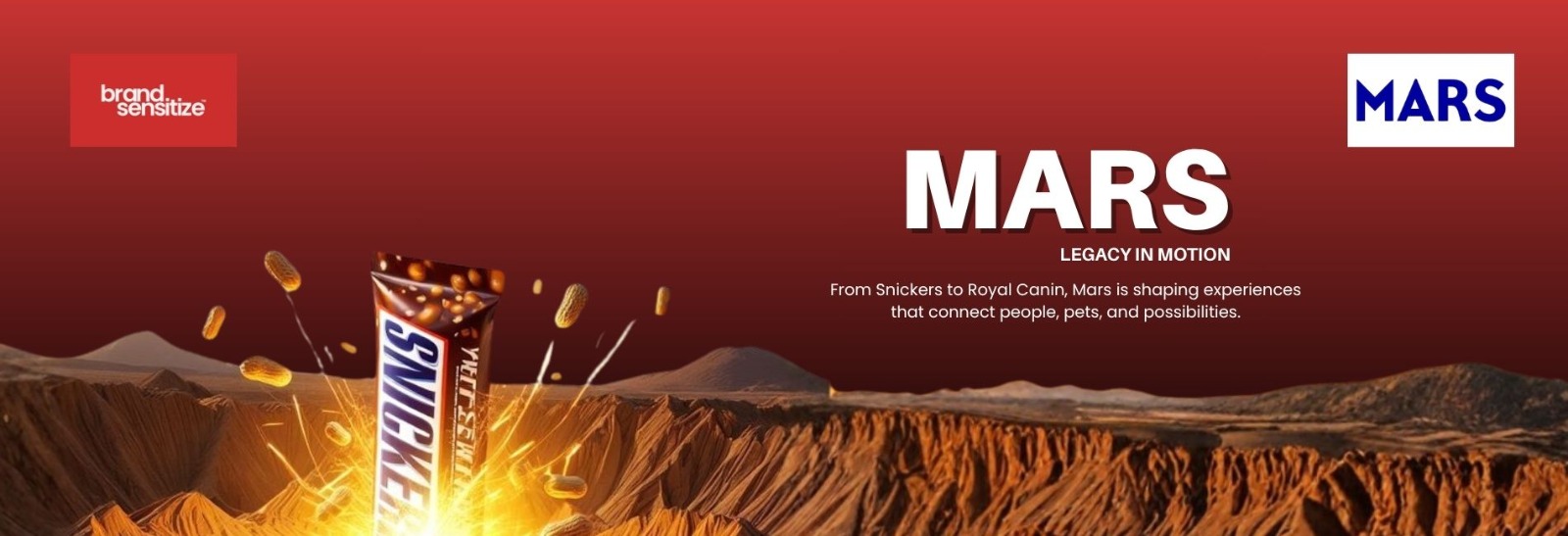
BrandSensitize | Strategic Brand Evaluation & Marketing Advisory
Recent Posts
follow us
Nestlé: Leading Nutrition, Health, and Well-being

Nestlé, which has about 277,000 people worldwide, is a leader in sustainability and innovation in the food and beverage sector.
Its vast network of factories and retail outlets ensures accessibility and consistent quality as it distributes its products to consumers in 185 countries.
Nestlé is uniquely positioned to improve the quality of life for people and pets at every stage of life, thanks to its global presence and tireless commitment to its mission statement, “Good Food, Good Life.”
Behind this size, however, is a business that is always changing—not just to stay ahead of, but to take the lead in global changes.
The Leaders driving Nestlé’s Vision.
CEO Philipp Navrati is supporting Nestlé’s Nutrition, Health, and Wellness. A combined vision that ensures that success is matched with responsibility. Under his leadership skills, revenue generation driven by sustainability, scientific innovation, and flexibility in operation is prioritized.
To support this vision, David Rennie, Executive Vice President Head of Strategic Business Units and Marketing and Sales, uses intentional marketing and digital storytelling to expand Nestlé’s brand supremacy and make sure each brand has a significant relationship with consumers around the globe.
These executives work together to create the strategic core of Nestlé’s development, where brand purpose, digital transformation, and business performance converge smoothly.
Innovation: Driving Growth With Science & Simplicity
Brand sensitise research shows that the secret to Nestlé’s ongoing success is its constant commitment to innovation. Its annual investment in R&D across its global network empowers more than 4,000 scientists and technologists helping in achieving new product innovation.
Its product environment includes Nescafé Espresso Concentrate, which provides a cafe-like cold coffee experience at home, and NAN with Sinergity for baby food, which is made to adapt to changing consumer lifestyles.
By focusing on products that provide both functional and emotional value, the company’s “fewer, bigger, better launches” strategy guarantees growth and success.
Whether by Vital Proteins’ collagen-based wellness line, Purina’s science-backed pet nutrition, or Maggi’s improved healthy-meal formats, the outcome is a well-rounded portfolio that benefits both customers and pets. Nestlé’s guiding principle- that healthy food should help people, pets, and the environment- is reflected in every innovation.
Combining Data, Tradition & Discipline
Nestlé’s campaign is an example of how traditional brands remain valuable in a modern-day world. As per the published data by Nestle, With over 70% of its media spending now digital, the company has increased its marketing allocation to 9% of sales by 2025.
Its 45 media studios and marketing operation centers that use AI and machine learning to develop tailored, real-time campaigns by using 340 million first-party data records.
Nestle’s brand marketing success is defined by its Cultural relationships as shown by KitKat’s global collaboration with Formula 1 and Maison Perrier’s revamping with Lily Collins. The company has amazingly struck a balance between local storytelling and international market position.
It keeps growing its market position and voice share in various categories, from coffee and confections to nutrition and pet care, by combining data with human connection.
Financial Performance: Profitable Growth With Purpose
Nestlé’s total group revenue in 2024 was CHF 91.4 billion, with 2.2% organic growth. With a rise in markets of coffee, pet care, nutrition, and health science, Nestlé’s wide range of products offered resilience during periods of global economic hardship.
An Intelligent, AI-Powered Enterprise
Nestlé’s IT approach is based on an aggressive digital transformation that aims to make the company seamlessly linked from farm to fork using AI. Across production, marketing, and purchasing, real-time data integration improves speed and lowers inefficiencies.
For example, its Brazilian market has 94% predictive accuracy in sales forecasting and already runs on complete end-to-end connectivity. These insights make faster production choices, less waste, and customized customer interaction possible.
Nestlé’s Global Capability Center (GCC), a center for data science, digital marketing, and IT excellence in India, is essential to this shift, highlighting how technology is transforming one of the most socially conscious brands in the world.
Brand Values: Creating Shared Value, Globally and Locally
Discovering the potential in the Food & Beverage industry to improve the standard of life, both now and in future generations, is the basis of every Nestlé decision.
The company’s Creating Shared Value (CSV) strategy, that combines environmental, social, and governance (ESG) objectives into its business, is a major instance.
For Nestlé, the key strategy to future growth is sustainability.
The Brand: Nestle
Today, Nestlé’s operation is more than just about food; it’s about a mission. It sets an example of how Nestlé can be a successful, responsible, and global leader.
Comments
Keith Nicks is EVP and Chief Digital & Commercial Officer for Ahold Delhaize USA, overseeing
omnichannel marketing, retail media, and e-commerce for U.S. brands. Tim Bork is the Chief Commercial
Officer for Ahold Delhaize Europe & Indonesia, focusing on local brands and responsible for growth,
including marketing and customer experience.
With nearly €96 billion in projected 2025 revenue, Ahold Delhaize ranks among the top 10 global
retailers, operating over 6,700 stores across multiple formats, including Albert Heijn, Delhaize, Food Lion,
Giant, Hannaford, and Stop & Shop.
6,700 stores powered by one procurement platform – a scale that makes others jealous.
For customers, Ahold isn’t just a grocery retailer; it’s a trusted lifestyle partner that combines the
intimacy of local shopping with the innovation and value of global retail leadership.
Ahold’s brands, such as Albert Heijn, Stop & Shop, and Giant, represent 37 years of average customer
relationships—customers don’t just shop there; they grow up with these brands, creating emotional
connections that transcend transactions.
After gaining thirty million loyalty members, Ahold demonstrated that personalization consistently
outperforms promotion.
BrandSensitize™ research shows that Ahold Delhaize operates with a decentralized marketing and brand
building approach, where marketing functions are embedded within:
- Brand-specific leadership (each local brand has its own marketing teams.
- Regional commercial officers who oversee marketing alongside broader commercial
responsibilities. - Digital and omnichannel specialists who handle modern marketing channels.
Ahold Delhaize’s Brand Building Initiatives:
Sustainability campaign: €50M investment reached 10M consumers, delivering a 20% boost in
sustainable product sales and generating €400M in revenue.
Digital Marketing: €150M digital budget achieved 25% higher engagement, 2.6% click-through rates (vs
1.9% industry standard), and built 500K+ social media following.
Loyalty Program: 30M members across brands with 85% customer penetration, driving 75% of total sales
and contributing €1B annually—10% better retention than competitors.
Strategic Brand Partnerships: 100+ collaborative campaigns with CPG brands, including Coca-Cola,
generated €600M in additional revenue through joint promotions.
Omnichannel Investment: A $1 billion price investment initiative, combined with AI-powered
personalization, aims to achieve an 80% loyalty sales penetration by 2028.
Strategic marketing drives measurable business results—from sustainability messaging to digital-first
loyalty programs, Ahold Delhaize demonstrates that well-executed brand-building campaigns deliver
both customer engagement and bottom-line growth on a global scale.
Ahold Delhaize’s Strategic Technology Partnerships:
- W23 Global VC Fund: $125M investment with Tesco, Woolworths & others backing AI startups
like Harmonya & Protex AI - Zycus Partnership: Source-to-Pay suite powering procurement across 6,700+ stores globally
- Hanshow Technology: Electronic shelf labels + innovation labs across all European locations.
- Inmar Intelligence: $141M in customer savings delivered through personalized digital coupons.
- DoorDash Collaboration: Tripled order volumes through enhanced last-mile delivery integration.
- Internal AI Innovation: MaxiGPT, LionGPT & Albot assistants deployed across the Serbian,
Belgian, and Czech markets. - New Tech Studio: AD/01 in Bucharest targeting 250+ tech talents for digital acceleration.
Zycus has licensed its comprehensive Source-to-Pay suite to Ahold Delhaize, including eSourcing,
Contract Lifecycle Management (CLM), and Supplier Management platforms.
TCS’s relationship with Ahold Delhaize marks a mature, strategic partnership focused on digital
transformation and supply chain technology.
Wipro partnered with Capgemini as one of the most significant retail transformation initiatives in the
world at Ahold USA.
Capgemini powers Ahold Delhaize’s end-to-end transformation, developing blockchain technology use
cases for Ahold Delhaize’s supply chain and leveraging its expertise in business transformation, as well as
its understanding of Ahold’s industry and operations.
Traditional retailers, equipped with AI and Robotics, will surpass pure digital players by 2030.
The key is to position Ahold not as just another retail success story, but as the company that has
rewritten the rules of digital transformation for every traditional business watching.




Leave a Reply